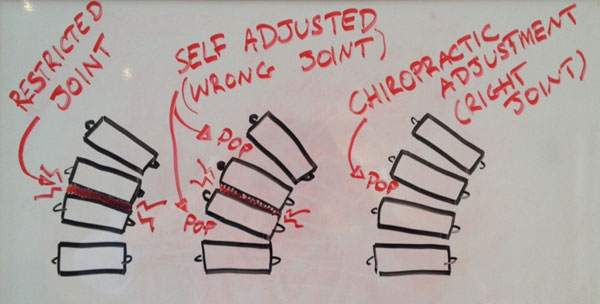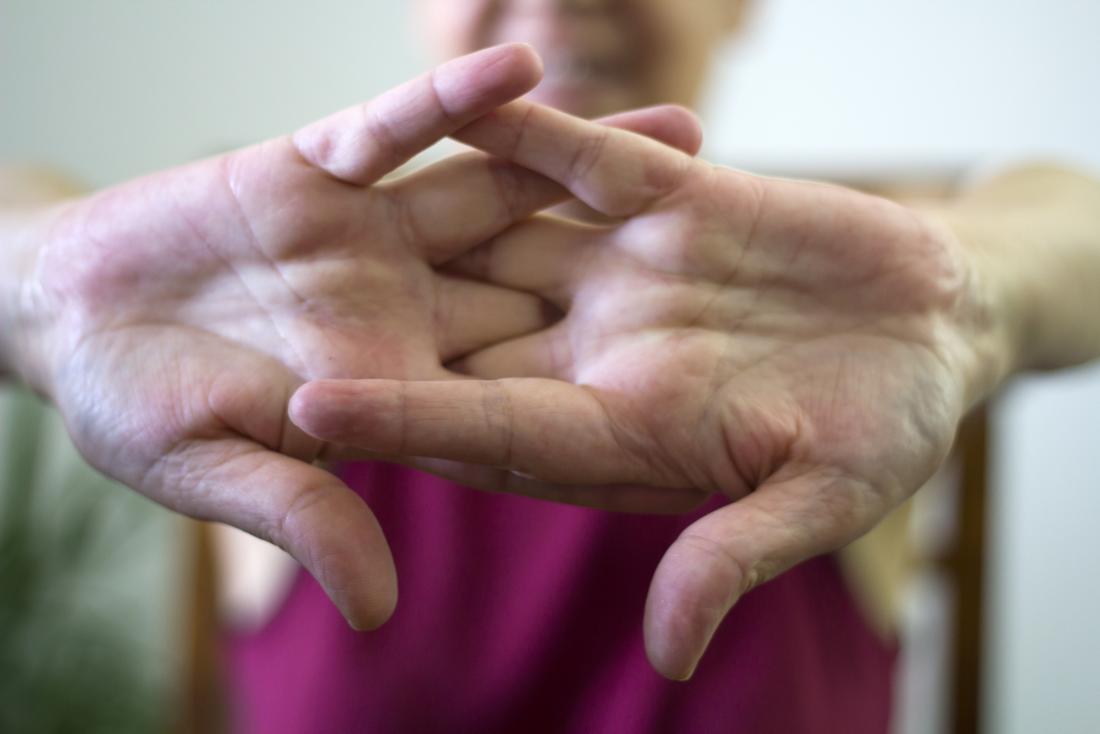Most times, this is inadvertent and harmless. If your neck cracks occasionally and isn't accompanied by any pain, odds are it's simply the popping of nitrogen bubbles. Cervical osteoarthritis, or cervical spondylosis, occurs mostly in middle-aged and elderly people, and is a condition where the joints of the neck begin to deteriorate due to the natural.
And I can pratically FEEL the heavyness in my neck muscles in the back, so I'm pretty sure it has to do with my neck. As for my posture - I've been working at my current job for about 8 months now, doing Pizza delivery, so I drive 150+ miles everyday. Neck crepitus can occur at any age, but it is more likely to occur as a person gets older. The frequency of neck cracking and grinding sounds can vary greatly. Some people might experience neck crepitus a few times a month, whereas others might experience it every day or even throughout the day with most neck movements.
Medically reviewed by: Marilyn Folk, BScN.
Last updated: December 12, 2020
Neck tension, including having a stiff neck, neck tightness that radiates to the top of the head, fullness in the neck and head, and neck pain are often symptoms of anxiety disorder, including generalized anxiety disorder, social anxiety disorder, panic disorder, and others.
This article explains the relationship between anxiety and neck tension and pain.
Neck tension symptom description:
Your neck, especially the back of your neck, feels tense, tight, stiff, sore, and even very painful. Some people describe this symptom as a persistent and unrelenting tension and soreness in the back of the neck.
Others describe it as a pressure, tension, stiffness, or soreness in the neck and shoulder area, with radiating pain to the back of the head. Some people experience this symptom with a head pressure, headaches, and a ‘tight band around the head’ feeling.
Many people who experience this symptom try to 'crack' their necks or roll their necks in hopes that it will release the tension, stiffness, and soreness.
This tension can appear in the neck only, and/or in the shoulders and back of the head.
This symptom can come and go sporadically, occur frequently, or persist indefinitely. For example, you may have neck tension once in a while and not that often, or feel it all the time.
This symptom may precede, accompany, or follow an escalation of other anxiety sensations and symptoms, or occur all by itself.
Neck tension can precede, accompany, or follow an episode of nervousness, anxiety, fear, and elevated stress, or occur 'out of the blue' and for no apparent reason.
This symptom can range in intensity from slight, to moderate, to severe. It can also come in waves, where it’s strong one moment and eases off the next.
This symptom can change from day to day and from moment to moment.
All of the above combinations and variations are common.
To see if anxiety might be playing a role in your symptoms, rate your level of anxiety using our free one-minute instant results Anxiety Test, Anxiety Disorder Test, or Hyperstimulation Test.
The higher the rating, the more likely anxiety could be contributing to or causing your anxiety symptoms, including neck tension symptoms.
Causes for anxiety related neck tension
Anxious behavior activates the stress response. The stress response is designed to bring about specific physiological, psychological, and emotional changes that enhance the body’s ability to deal with danger - to either fight with or flee from it. This is the reason the stress response is often referred to as the fight or flight response.
I Crack My Neck All The Time Is It Bad Song
A part of the stress response changes includes causing the body’s muscles to tighten in an attempt to protect the body from harm (tight muscles are more resilient to damage). This muscle tightening effect can affect any muscle or muscle group in the body, including the muscles in the neck and back of the head.
Many anxious and stressed people experience neck tension.
Moreover, when we're anxious too often, the body can become stress-response hyperstimulated (chronically stressed) and neck muscles can become chronically tense. call stress-response hyperstimulation, since stress hormones are stimulants.
Hyperstimulation can cause chronic neck tension.
How to eliminate anxiety neck tension
When this feeling is caused by apprehensive behavior and the accompanying stress response changes, calming yourself down will bring an end to the stress response and its changes. As your body recovers from the active stress response, this feeling should subside and you should return to your normal self.
Keep in mind that it can take up to 20 minutes or more for the body to recover from a major stress response. But this is normal and shouldn’t be a cause for concern.
When this feeling is caused by chronic stress (hyperstimulation), eliminating your body’s overly stressed state will cause the cessation of muscle tension related symptoms, including this one.
Nevertheless, when the body has fully calmed down and recovered, neck tension should subside. Therefore, this symptom needn’t be a cause for concern.
You can speed up the recovery process by reducing your stress, practicing relaxed breathing, increasing your rest and relaxation, and not worrying about this feeling. Sure, neck tension can be unsettling and even bothersome. But again, when your body has recovered from the stress response and/or sustained stress, this symptom will completely disappear.
There are some short-term remedies, as well. For example, anything that relaxes and reduces the body’s stress will help alleviate muscle tension symptoms, including:
- Doing a deep relaxation technique, such as meditation
- Doing mild stretching exercises
- Mild to moderate exercise (exercise is an effective stress reducer)
- Having a massage
- Having a warm bath
- A heating pad on the back of the neck (heat reduces muscle tension)
- Sore muscle ointment
- Some people find placing a cold compress on the neck helpful
- Pain relievers
And so on.
If you are having difficulty with anxiety, its symptoms, and troublesome worry, you might want to connect with one of our recommended anxiety disorder therapists. Working with an experienced anxiety disorder therapist is the most effective way to overcome anxiety disorder and its symptoms.
Common Anxiety Symptoms
The combination of good self-help information and working with an experienced anxiety disorder therapist is the most effective way to address anxiety disorder and its many symptoms. Until the core causes of anxiety are addressed - the underlying factors that motivate apprehensive behavior - a struggle with anxiety disorder can return again and again. Identifying and successfully addressing anxiety's underlying factors is the best way to overcome problematic anxiety.
Additional Resources:
- For a comprehensive list of Anxiety Disorders Symptoms Signs, Types, Causes, Diagnosis, and Treatment.
- Anxiety and panic attacks symptoms can be powerful experiences. Find out what they are and how to stop them.
- Free online anxiety tests to screen for anxiety. Two minute tests with instant results. Such as:
- Anxiety 101 is a summarized description of anxiety, anxiety disorder, and how to overcome it.
Return to Anxiety Disorder Symptoms section.

anxietycentre.com: Information, support, and therapy for anxiety disorder and its symptoms, including the anxiety symptom neck tension.
I Crack My Neck All The Time Is It Bad For You

Connect With Us On:

Advertisement
Advertisement
